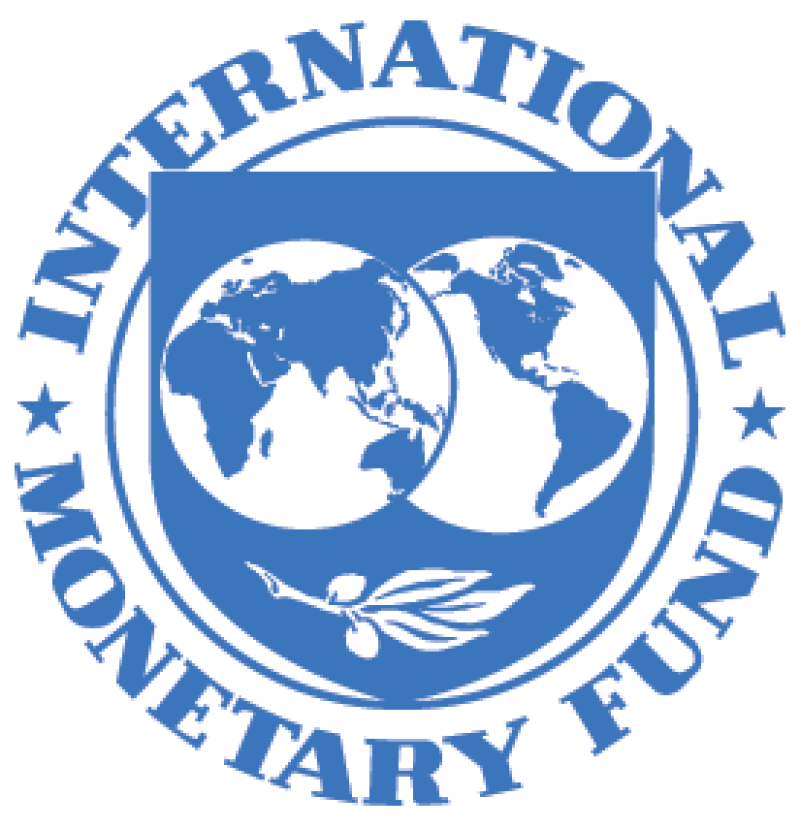
|
IMF is a new entry this year |
The International Monetary Fund (IMF) has long been an influential voice in international cross-border economic issues. In 2014, the organisation's impact was most evident in May when it launched a new study on so-called spillovers in international corporate taxation, focusing on the knock-on impact of national tax policy decisions for developing countries. The IMF describes its paper as exploring the "nature and policy implications of cross-border effects from national corporate tax policies, highlighting how these effects can be significant for developing countries, with resulting tax revenue losses sometimes quite large relative to total government revenues", adding that it "goes beyond the [G20/OECD] BEPS Action Plan".
"The IMF is asserting a more dynamic role in international tax issues," says David Spencer, of the Law Offices of David Spencer in New York.
"The [spillover] policy paper confronts two major issues which it explicitly states the OECD BEPS project does not cover, an implicit challenge to the OECD," adds Spencer. "One: the appropriate balance of taxing rights between residence countries and source countries (in particular developing countries); and two: the possible adoption of formulary apportionment."
Michael Keen, deputy director of the IMF's Fiscal Affairs department, says the IMF's technical assistance work in developing countries "frequently encounters large revenue losses through gaps and weaknesses in the international tax regime."
"The sums involved for them can be large, not just relative to corporate tax but relative to all tax revenue: 10% to 15% in some cases," he says. "The paper reports new evidence that these effects are in fact systematically more important for developing countries."
With the future of international taxing principles set to be outlined in the next 18 months, the IMF's May policy paper has definitely added to this momentum, while attempting to ensure a more even balance between the taxing rights of developed and developing countries.
The Global Tax 50 2014 |
||
|---|---|---|
| Gold tier (ranked in order of influence) 1. Jean-Claude Juncker 2. Pascal Saint-Amans 3. Donato Raponi 4. ICIJ 5. Jacob Lew 6. George Osborne 7. Jun Wang 8. Inverting pharmaceuticals 9. Rished Bade 10. Will Morris Silver tier (in alphabetic order) Joaquín Almunia • Apple • Justice Patrick Boyle • CTPA • Joe Hockey • IMF • Arun Jaitley • Marius Kohl • Tizhong Liao • Kosie Louw • Pierre Moscovici • Michael Noonan • Wolfgang Schäuble • Algirdas Šemeta • Robert Stack Bronze tier (in alphabetic order) Shinzo Abe • Alberto Arenas • Piet Battiau • Monica Bhatia • Bitcoin • Bono • Warren Buffett • ECJ Translators • Eurodad • Hungarian protestors • Indian Special Investigation Team (SIT) • Chris Jordan • Armando Lara Yaffar • McKesson • Patrick Odier • OECD printing facilities • Pier Carlo Padoan • Mariano Rajoy • Najib Razak • Alex Salmond • Skandia • Tax Justice Network • Edward Troup • Margrethe Vestager • Heinz Zourek |
||









